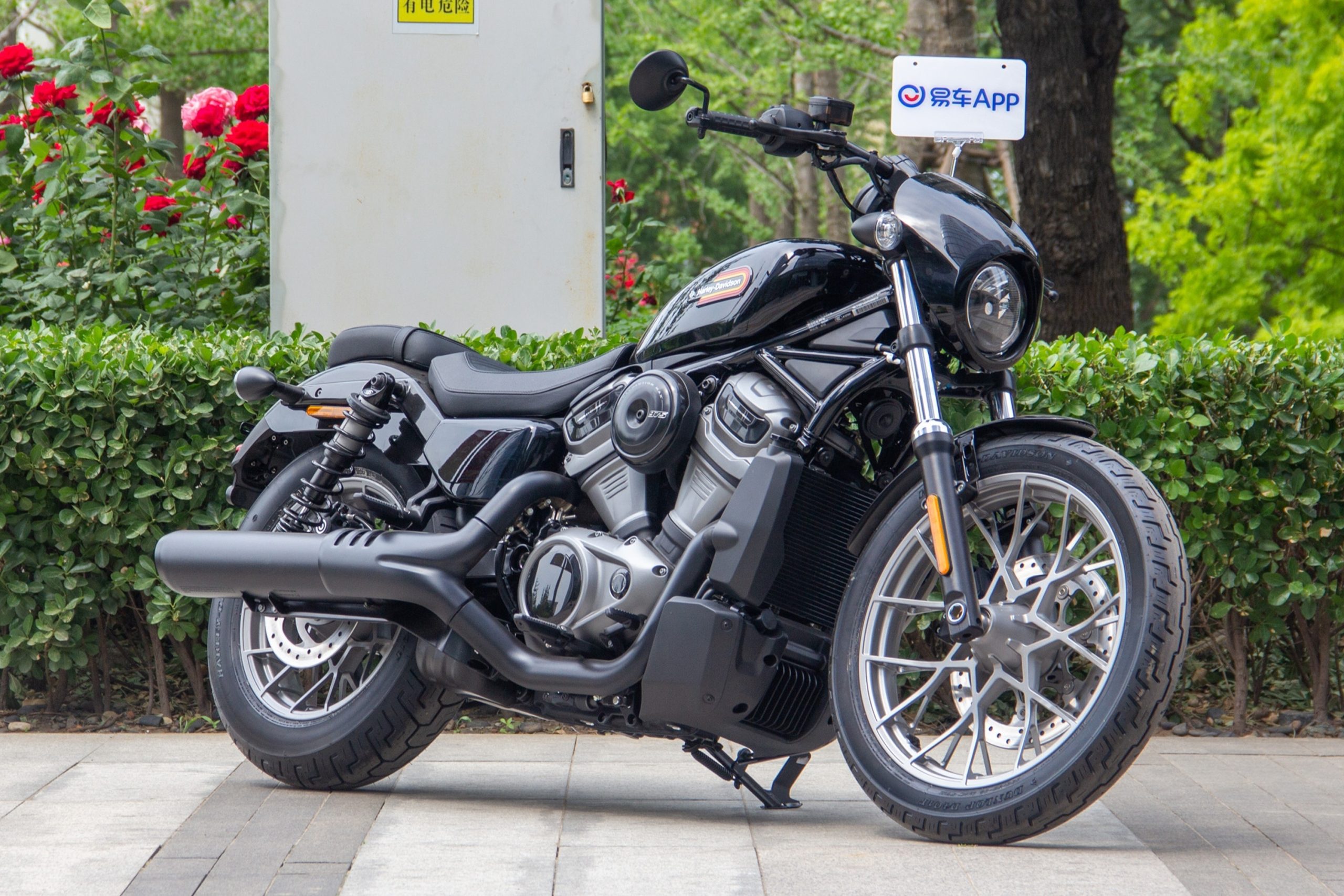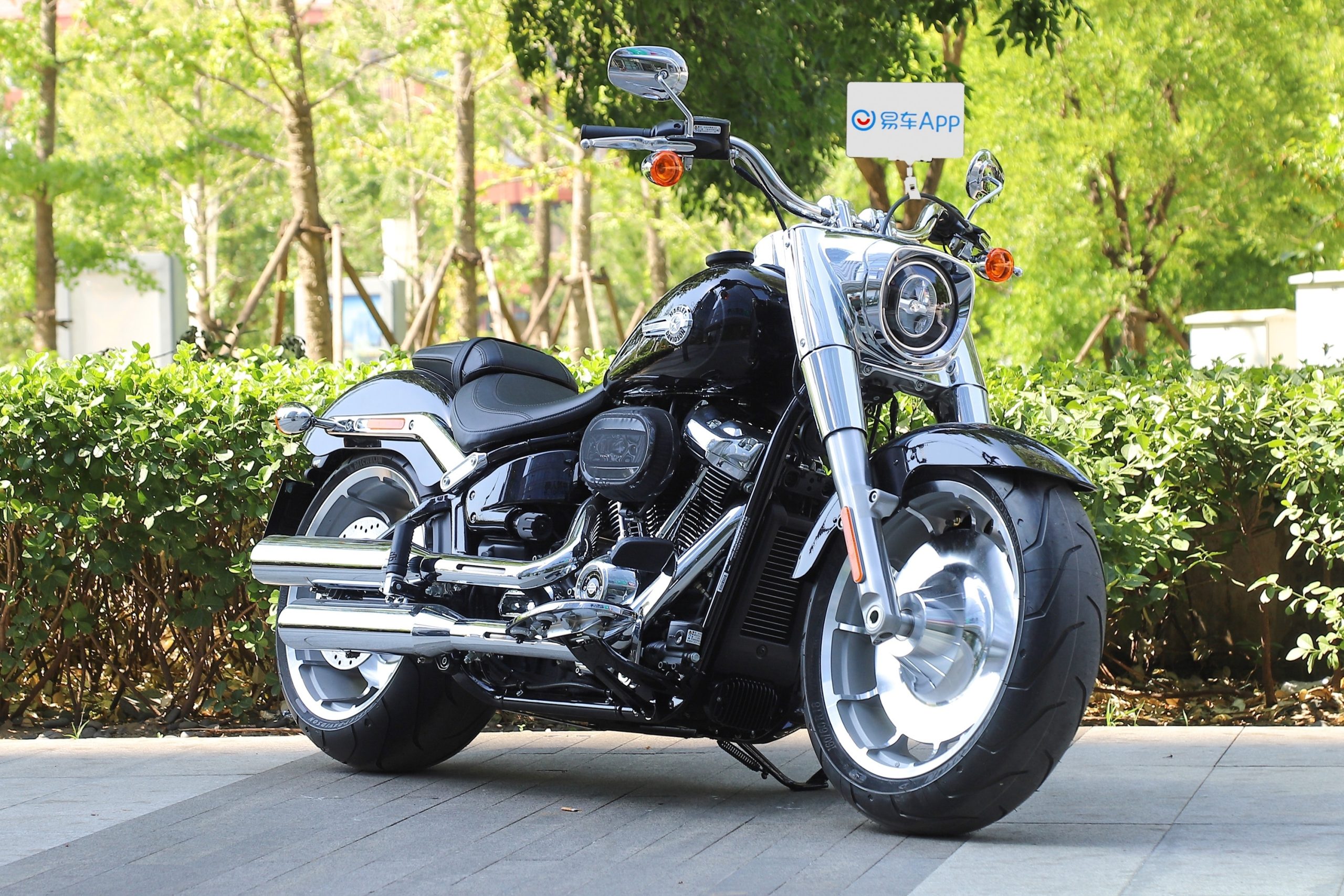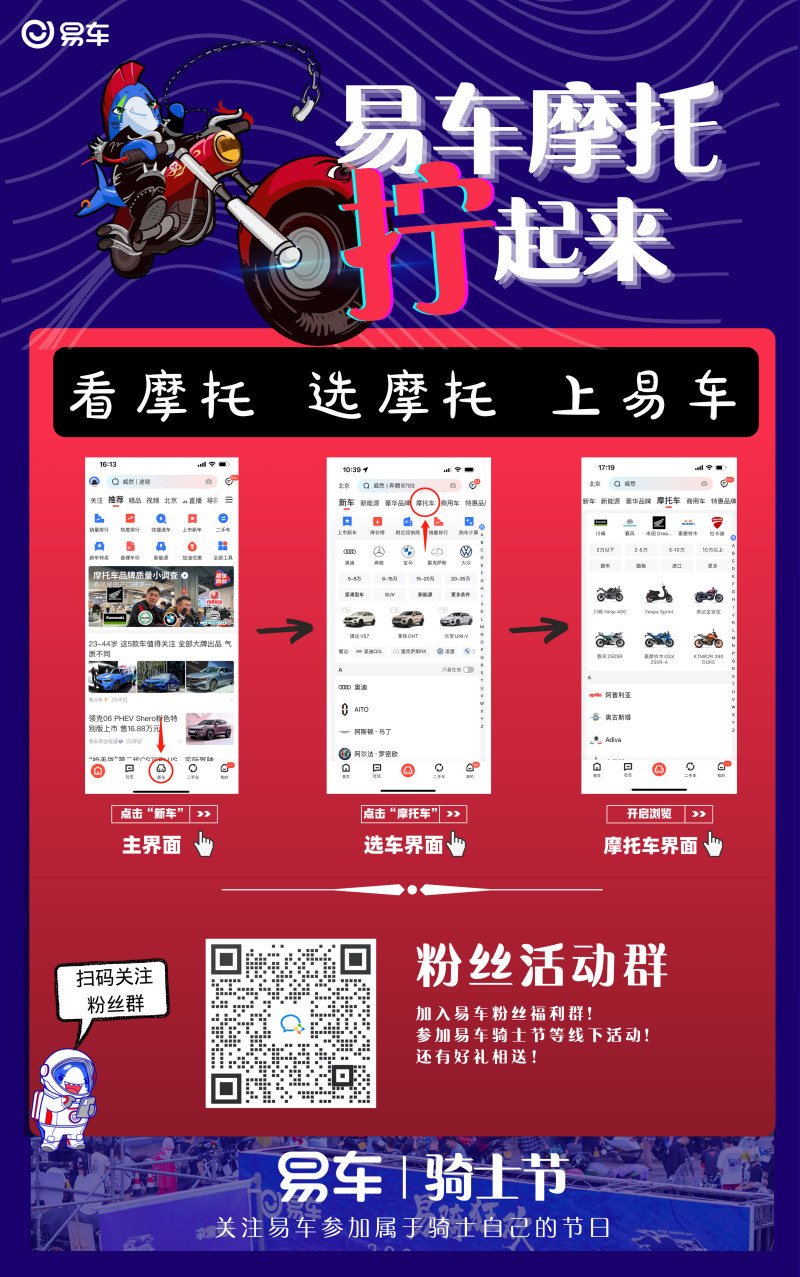Original title: Authoritative release: Kydroid OS & Android are really compatible!
Recently, Tianjin Kirin Information Technology Co., Ltd. and the R & D team of National University of Defense Technology officially announced that the Android compatibility project Kydroid has completed the first phase of research and development, and can achieve compatible operation of most Android applications by building an efficient running environment on the Kydroid operating system. From now on, some applications on Android can run directly on the Kydroid system! Friends no longer have to worry about no games to play, no QQ use, and no stock speculation under the domestic Linux system!
If you are tired of writing code, you can play games!
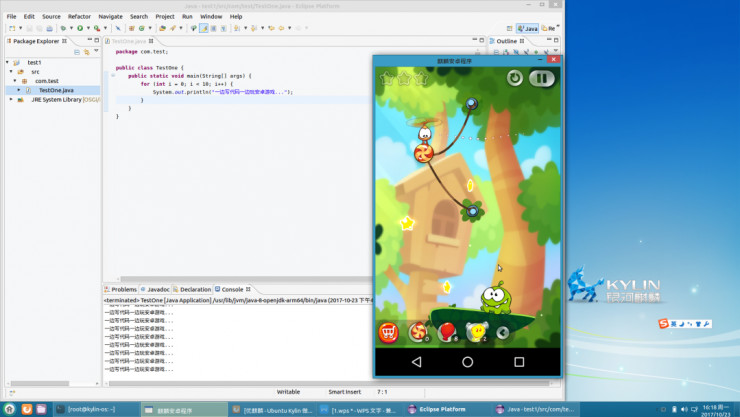
Write documents tired can look at the stock information!

Browse a web and QQ more convenient!
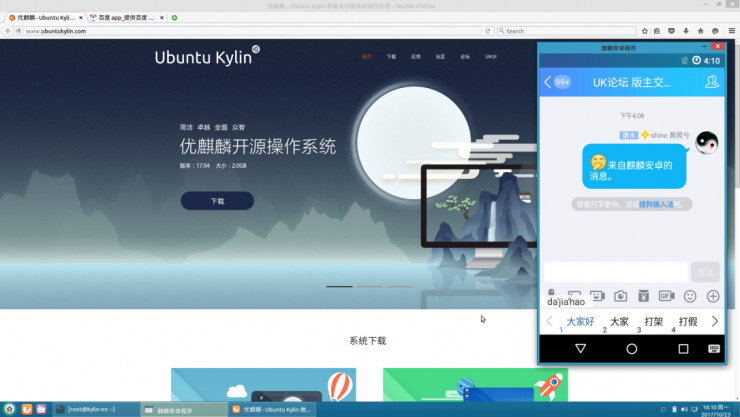
High execution efficiency, smooth running, you can install your favorite Android applications as needed! And support one-click installation of APK packages!
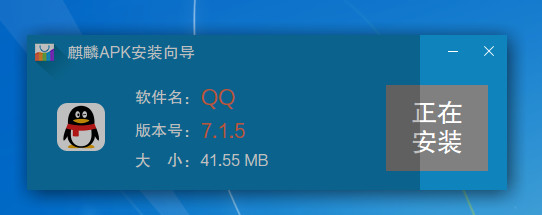
Such an artifact is definitely worth having for thousands of users of domestic operating systems and friends who are interested in Linux systems!
Speaking of which, many small partners may not be familiar with Android compatibility. Here are a few typical issues to give you an overview.
Application ecology has always been a key factor restricting the popularity of Linux desktop systems, and it is also an important problem that plagues Linux operating system manufacturers. Many application software familiar to users on Windows or Android platforms cannot find corresponding replacement software on Linux systems, or there is a big gap between the corresponding software functions and user experience and software on other platforms. When it is impossible to find replacement products, many operating system manufacturers can only invest in the development and maintenance of relevant software by themselves (such as the Sogou input method Linux version developed in cooperation with Sogou Company), but this development and maintenance will consume more manpower. At present, many industry software cannot be solved. The mature application ecosystem compatible with other platforms has always been an important direction to solve the shortage of operating system application ecosystems!
The application of the Windows platform has always been the target of everyone’s comparison and reference, so the early application ecosystem compatibility generally focused on the compatibility of Windows platform applications. The core solution is to migrate Windows applications by building a compatibility layer. For example, the typical WINE (Wine Is Not a Emulator) technology can solve the migration of some Windows applications (such as QQ, etc.) by building an API transformation compatibility layer. However, due to the closed source of the Windows system itself, the implementation and changes of some API interfaces will lead to abnormal application execution, and the compatibility and stability of application software are difficult to guarantee.
In recent years, with the maturity and development of Android software and hardware products, the Android application ecosystem has shown explosive development, surpassing Windows and iOS in many fields and becoming the most widely used application ecosystem. How to use and be compatible with the Android application ecosystem has become a new hotspot in the current industry.
There are currently two main approaches to mature solutions:
One is to use virtual machines and emulators such as Virturlbox, Qemu, Genymotion, and Avd to simulate Android hardware devices and operating environments, and realize the operation of Android applications. In particular, solutions for the running needs of Android games on the desktop system such as Hippocampus Play, Happy Android, Yeshen, and Tiantian emulator have developed rapidly in recent years. But these methods mainly have two problems: on the one hand, the performance overhead is large, and the use of virtual machines to run Android applications is usually many times slower than that of mobile phones. On the other hand, the user experience is insufficient. Because the file and other resource access of Android applications is isolated from the Linux system, it is not convenient to access and share resources.
Another solution is to use Google ARC technology Chrome browser to run Android applications. This method is much more efficient than virtual machines, but because it relies on Chrome browsers and related Google services, and because ARC is slightly less stable, there are not many compatible Android applications, resulting in limited application scenarios and scope.
The core of these two ideas is to build a virtual execution environment through the compatibility layer, and there will be a transition between the host and the virtual environment in the middle, which will inevitably face the loss of performance and ease of use.
Kydroid takes a different approach from the above solution. As you know, the underlying Android system is based on the Linux kernel, and the Kydroid operating system also takes the Linux technical route. This technical system similarity provides an important guarantee for the "native" operation of Android applications.
Kydroid builds a full set of native Android operating environments on the Kydroid operating system through kernel feature customization and migration of key components of the Android operating system (involving Bionic, Art, HAL, SystemServer, Init, etc.), so that the Android operating system and the Kydroid operating system are perfectly integrated, so that Android applications can be directly on top of the Kydroid operating system. This is not a virtual machine, nor is it an emulator, but a completely native operation.
Due to its native operation, Kydroid can provide better performance and experience, with key features including:
1. Low performance loss: Because it runs natively, Android applications are equivalent to running on a mobile phone with a computer hardware configuration, with no pressure on efficiency and dozens of times faster than virtual machines!
2. Good compatibility: The native operation mode determines that Kydroid is compatible with a large number of Android applications (some applications that require specific hardware and sensor support for mobile phones, such as gravity sensing, compass, NFC, etc., require virtualization processing of corresponding hardware devices).
3. Easy to use: Android applications can access the data resources of the Kydroid operating system, which is equivalent to having an SD card the size of a hard disk! At the same time, applications can easily communicate with the system, and the installation and interaction of software are consistent with local applications.
According to the research and development of Siege Lions, most of the technology research and development has been completed, and the optimization and improvement of productization are in progress. Moreover, it can be used smoothly on the domestic Feiteng processor platform, and it is believed that it will be officially released soon. However, the small partners using the X86 platform may have to wait a little longer. Siege Lions are working overtime to attack the key points, and will provide such a good thing to everyone as soon as possible.

